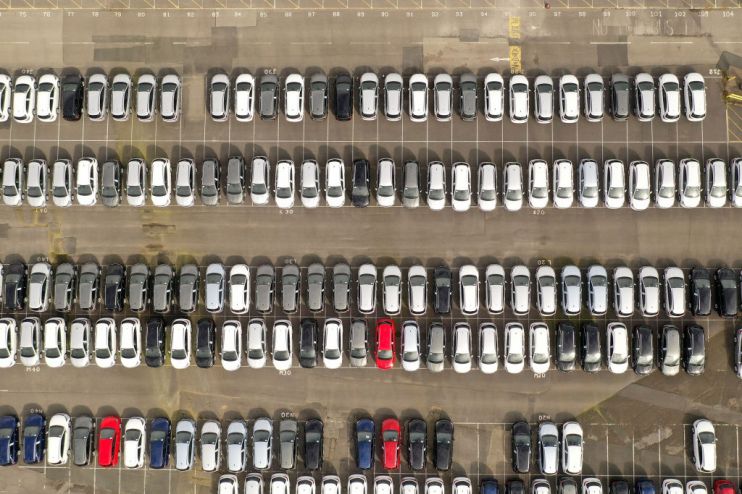Car production slump continues despite signs of improvement

The slump in UK car manufacturing continued in July, with just 85,000 vehicles rolling off production lines last month, over 20 per cent lower than a year ago.
However, the Society of Motor Manufacturers and Traders (SMMT) said the figure showed a “marked improvement” on previous months as factories continued to reopen after lockdown.
With most plants shuttered as a result of the coronavirus pandemic, the first six months of the year were the worst for car production since 1954, with just 381,357 cars built.
But since April, when the market flatlined and only 197 cars were built, output has grown steadily as car markets around the world get back up and running.
Today’s data confirmed that trend, with 85,696 vehicles built last month, compared to 56,594 in June.
For the year to date, however, overall production remains down 39.7 per cent, representing a year-on-year loss of 307,707 cars.
Before the Open newsletter: Start your day with the City View podcast and key market data
Domestic manufacturing, which slipped 37.1 per cent, suffered far worse than cars built for export, which fell 16.8 per cent.
With a total of 72,262 units built, exports accounted for more than eight out of 10 vehicles built in July with buyers in overseas markets, including the EU, China and the US.
The SMMT’s chief executive Mike Hawes said that despite the improvement, the outlook for the industry remained “deeply uncertain”, warning that a no deal Brexit could be devastating.
“With the sector now battling economic recession as well as a global pandemic, it has neither the time nor capacity to deal with the further shock of a no deal Brexit”, he said.
“The impact of tariffs on the sector and the hundreds of thousands of livelihoods it supports would be devastating, so we need negotiators on both sides to pull out all of the stops to ensure a comprehensive free trade deal is agreed and in place before the end of 2020.”
As a consequence of the crisis, at least 11,349 job cuts have already been announced across the industry, including manufacturing, supply chain and retail.